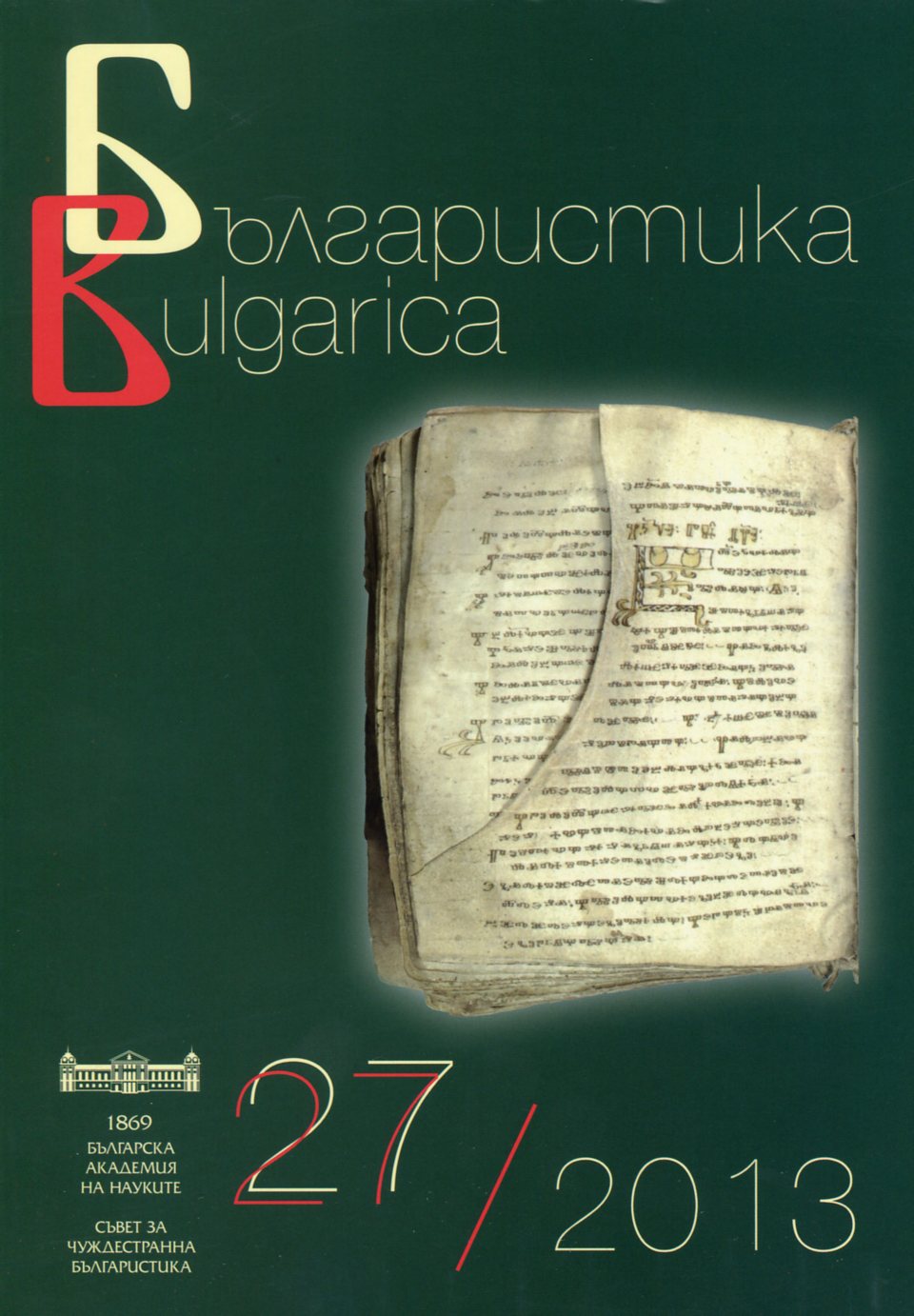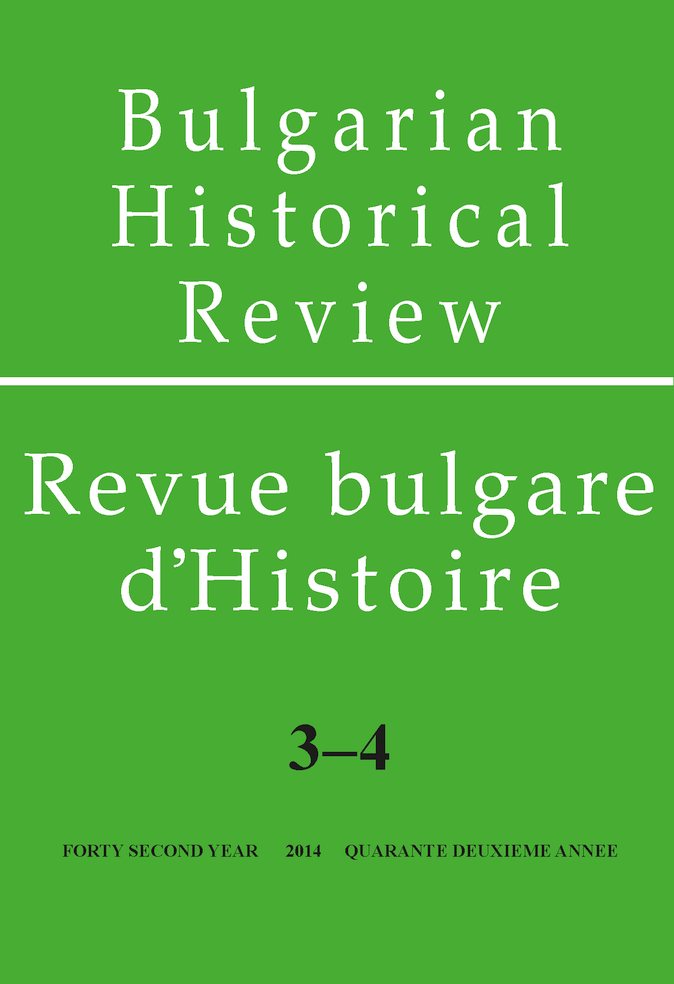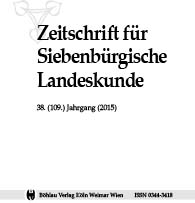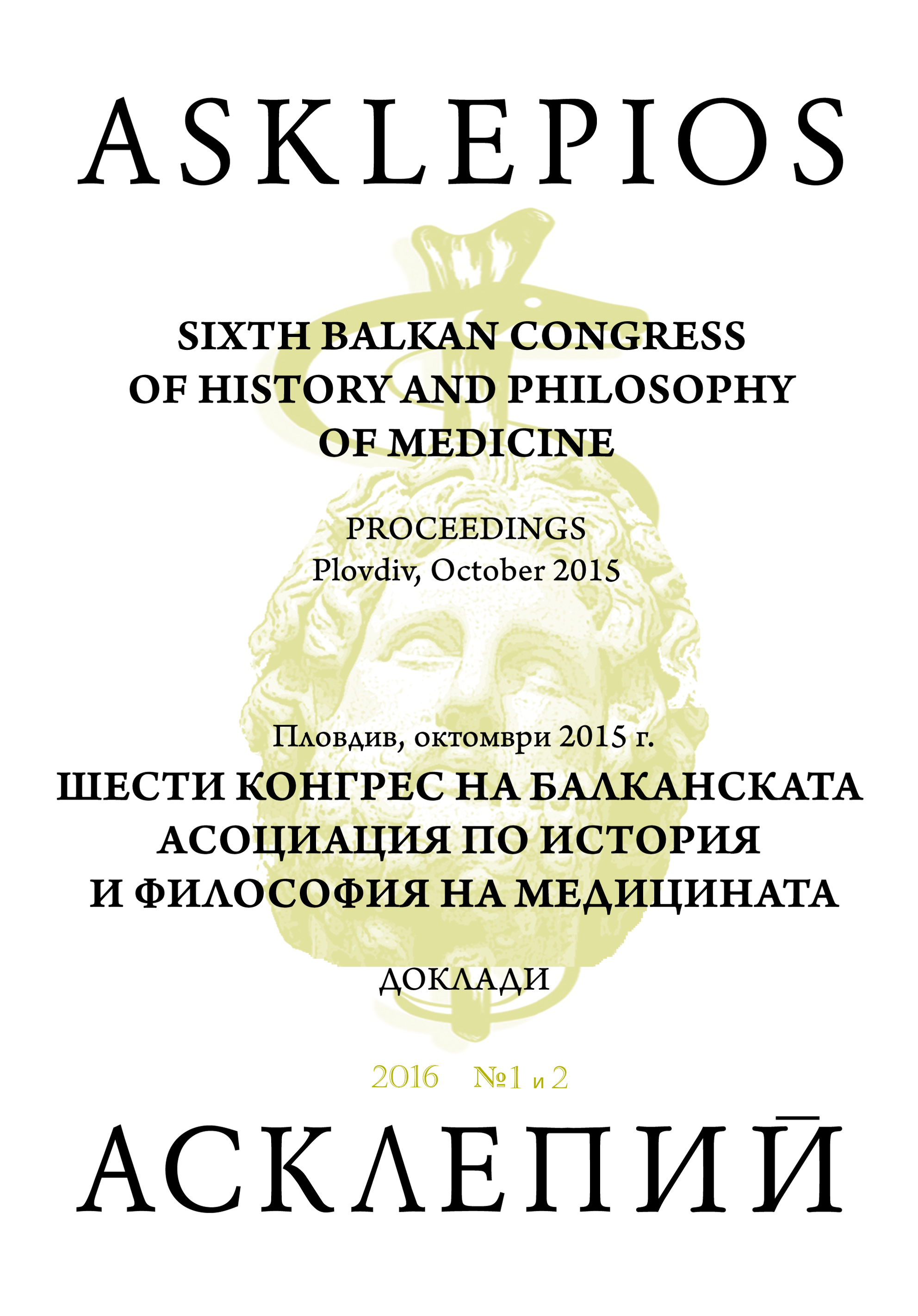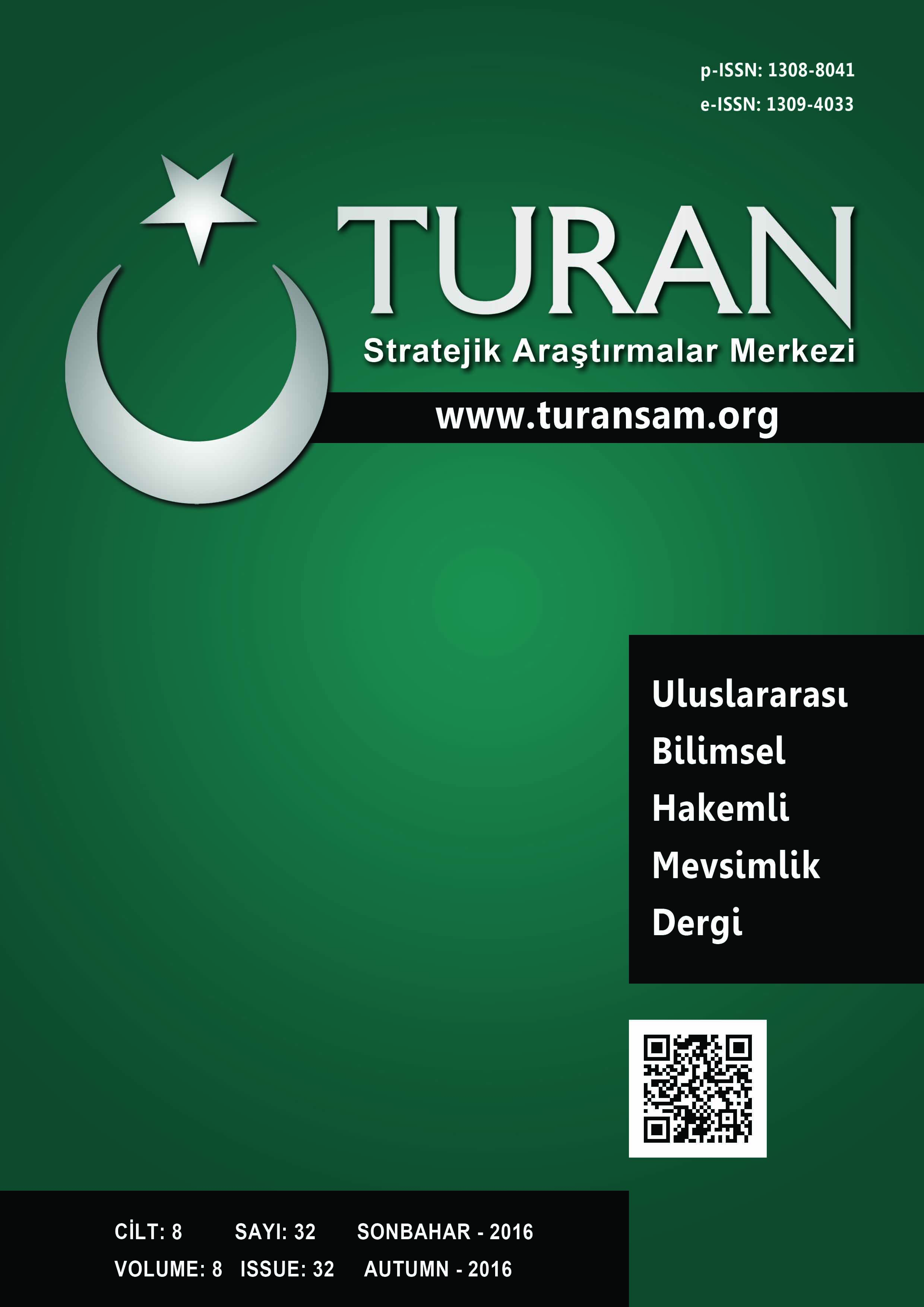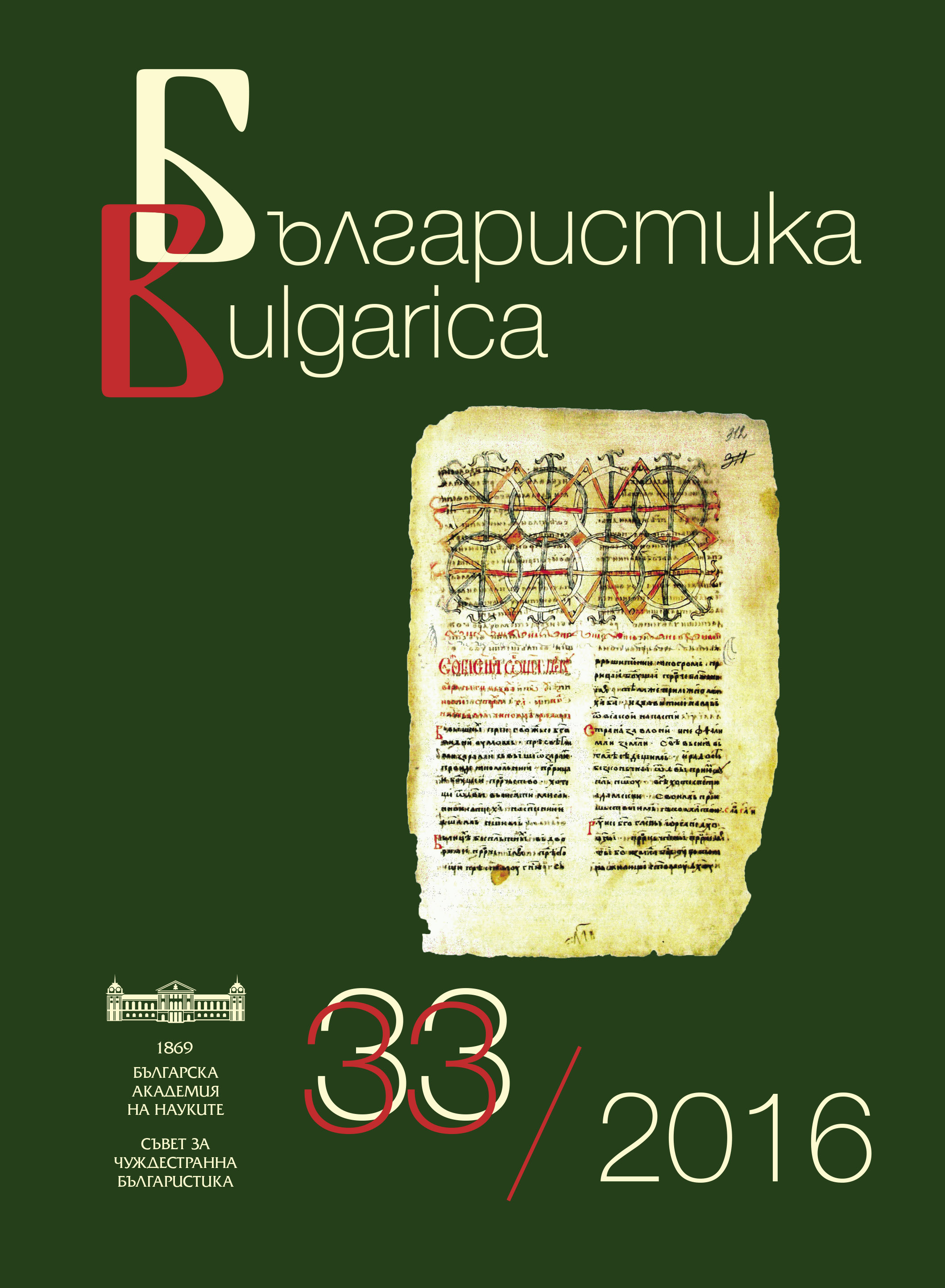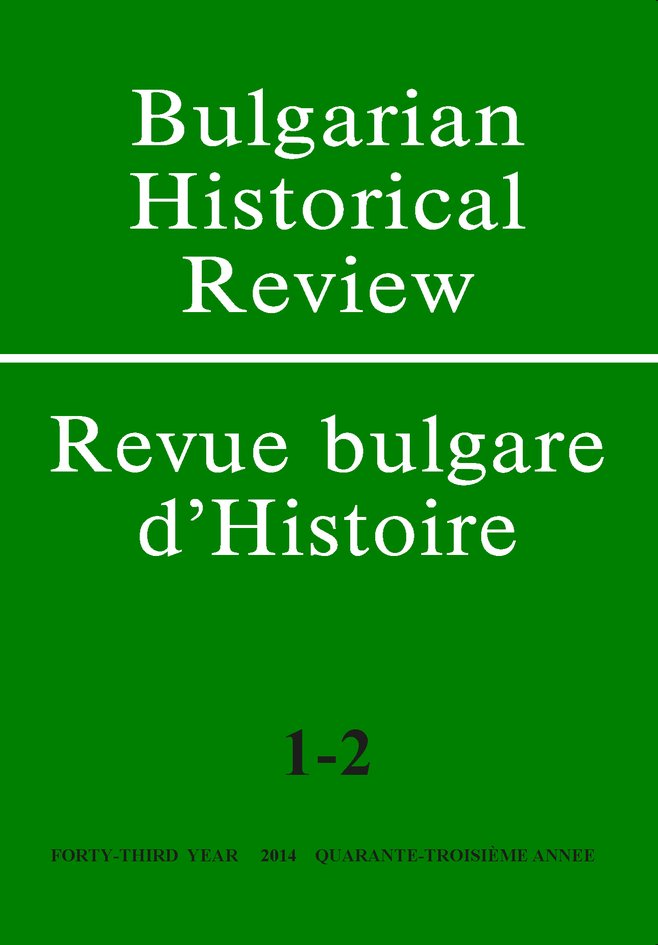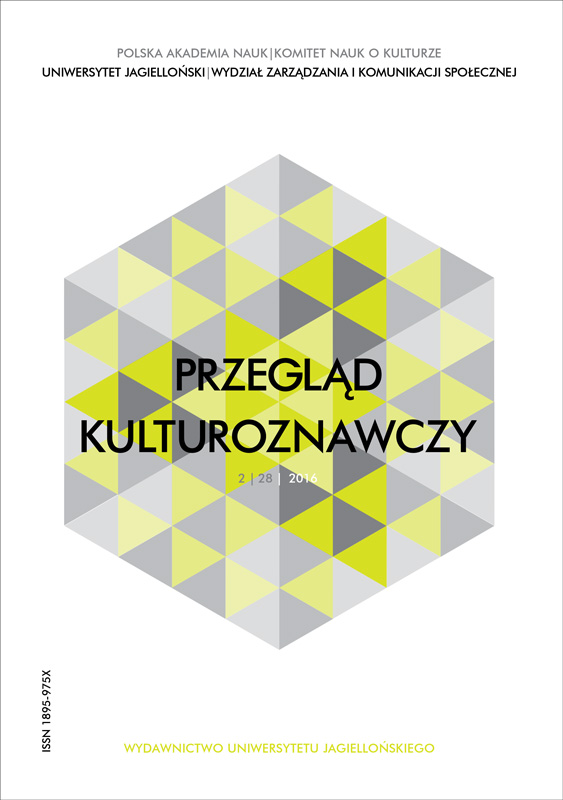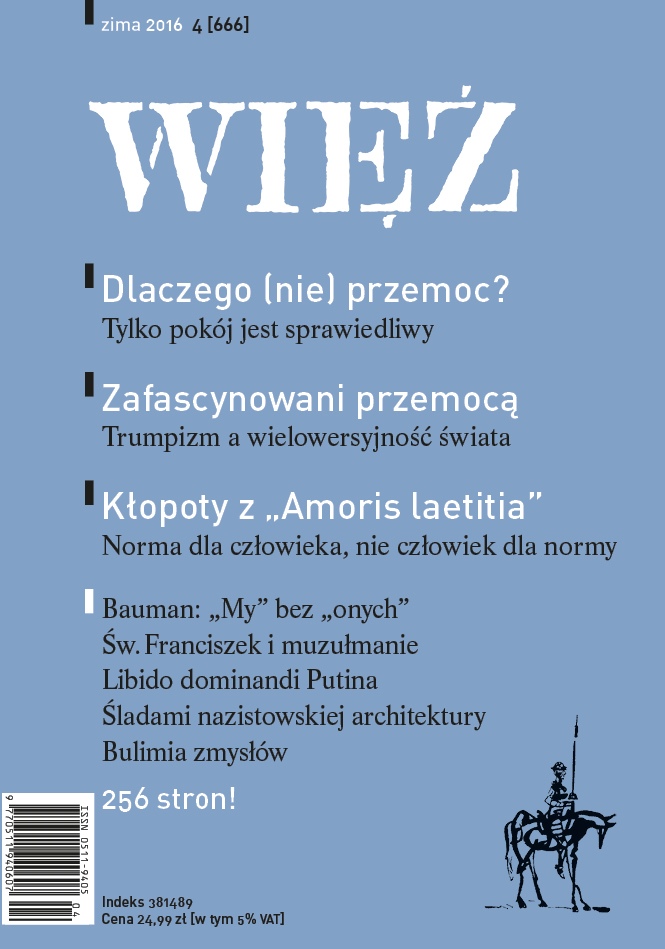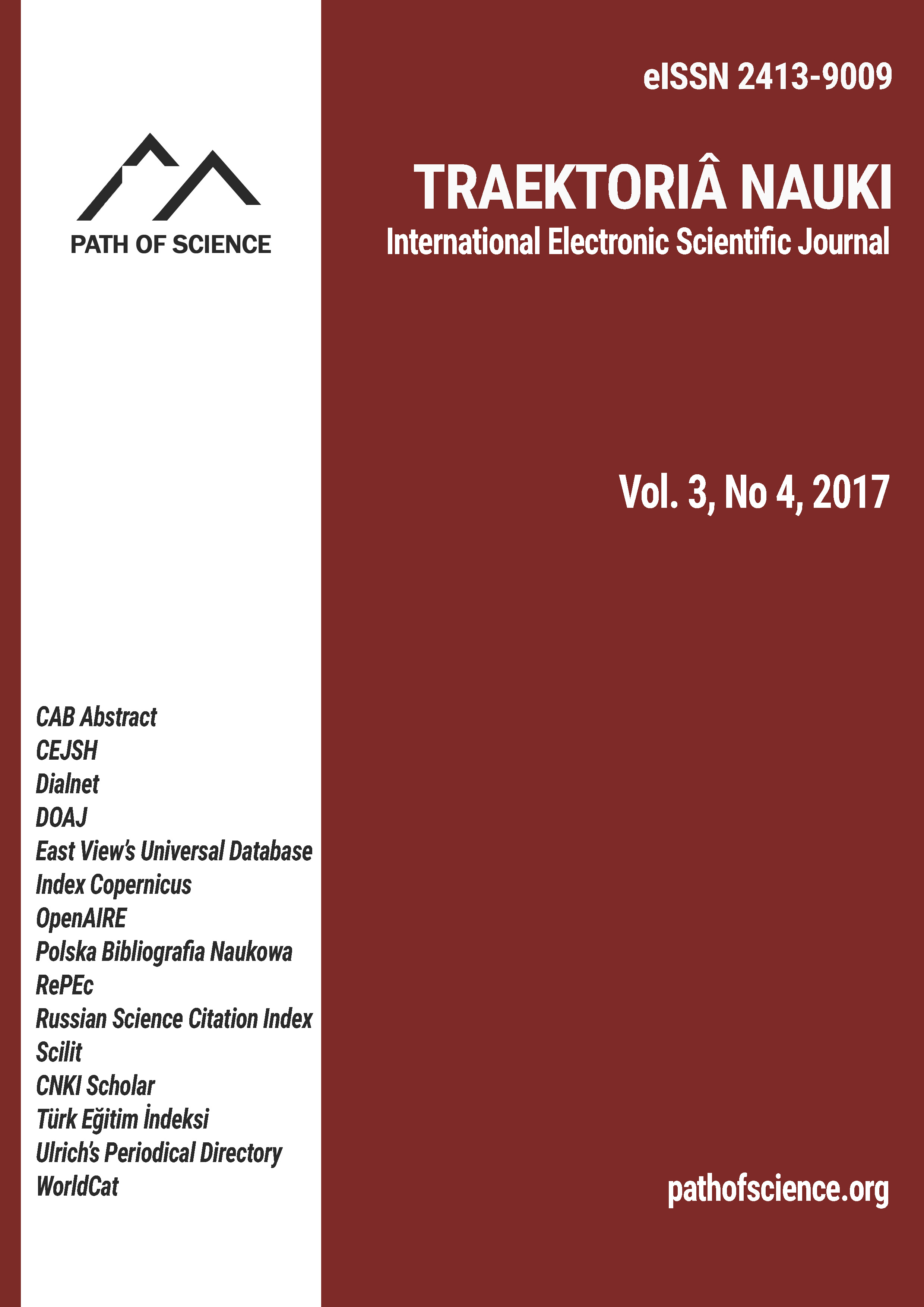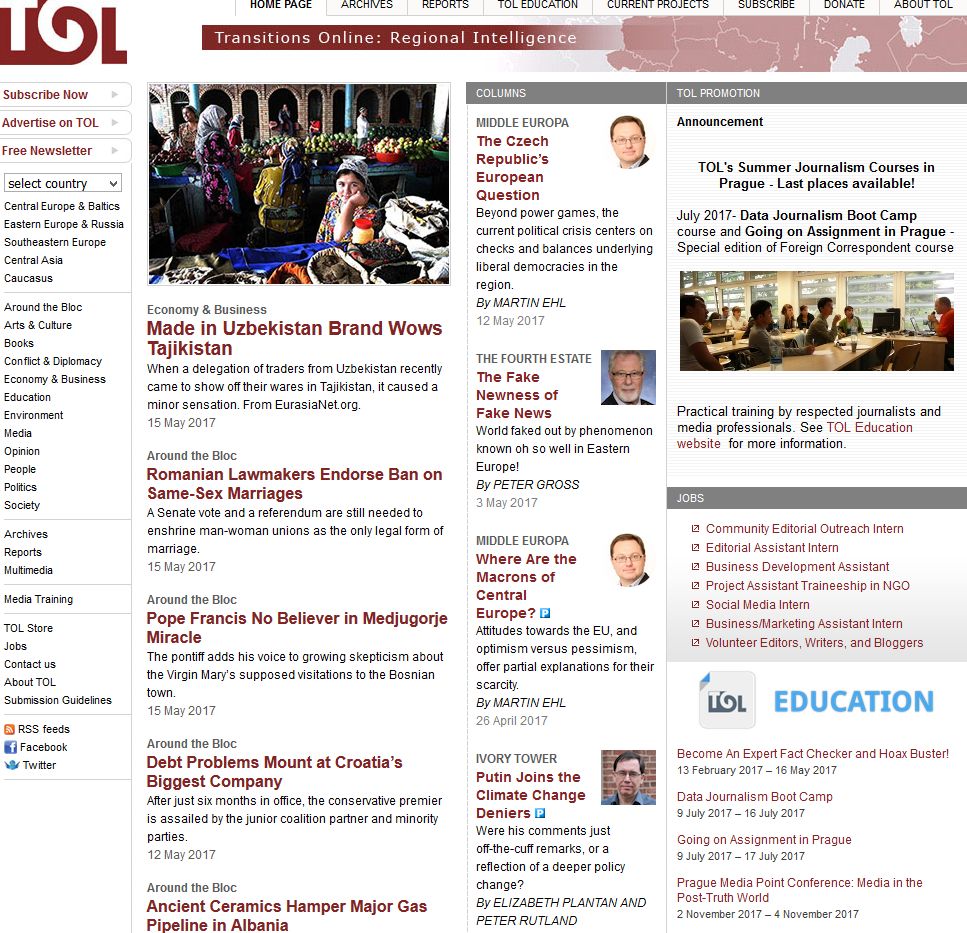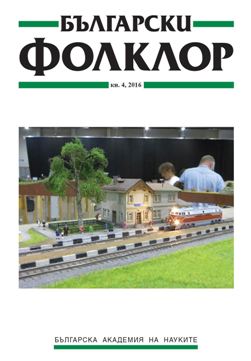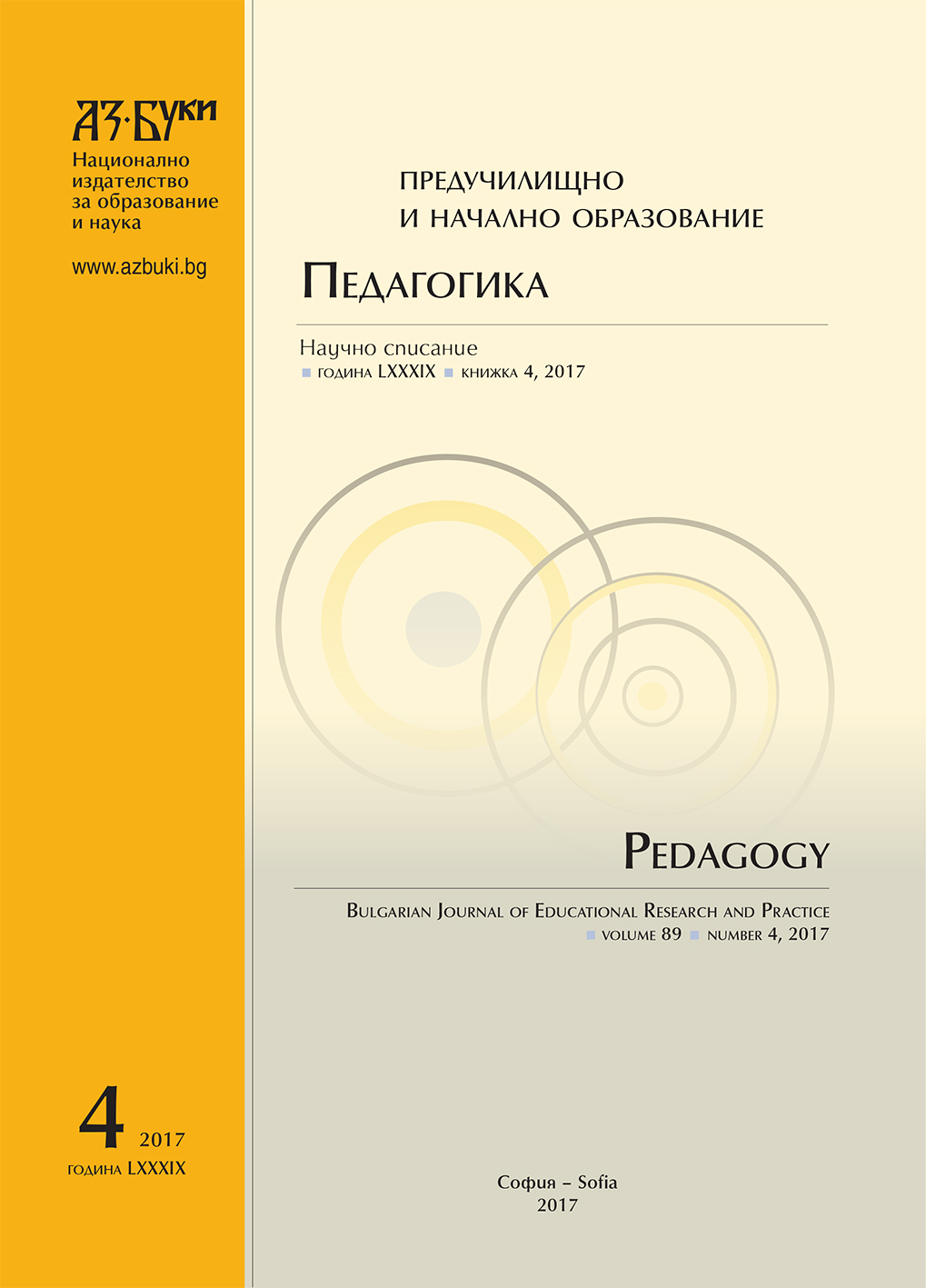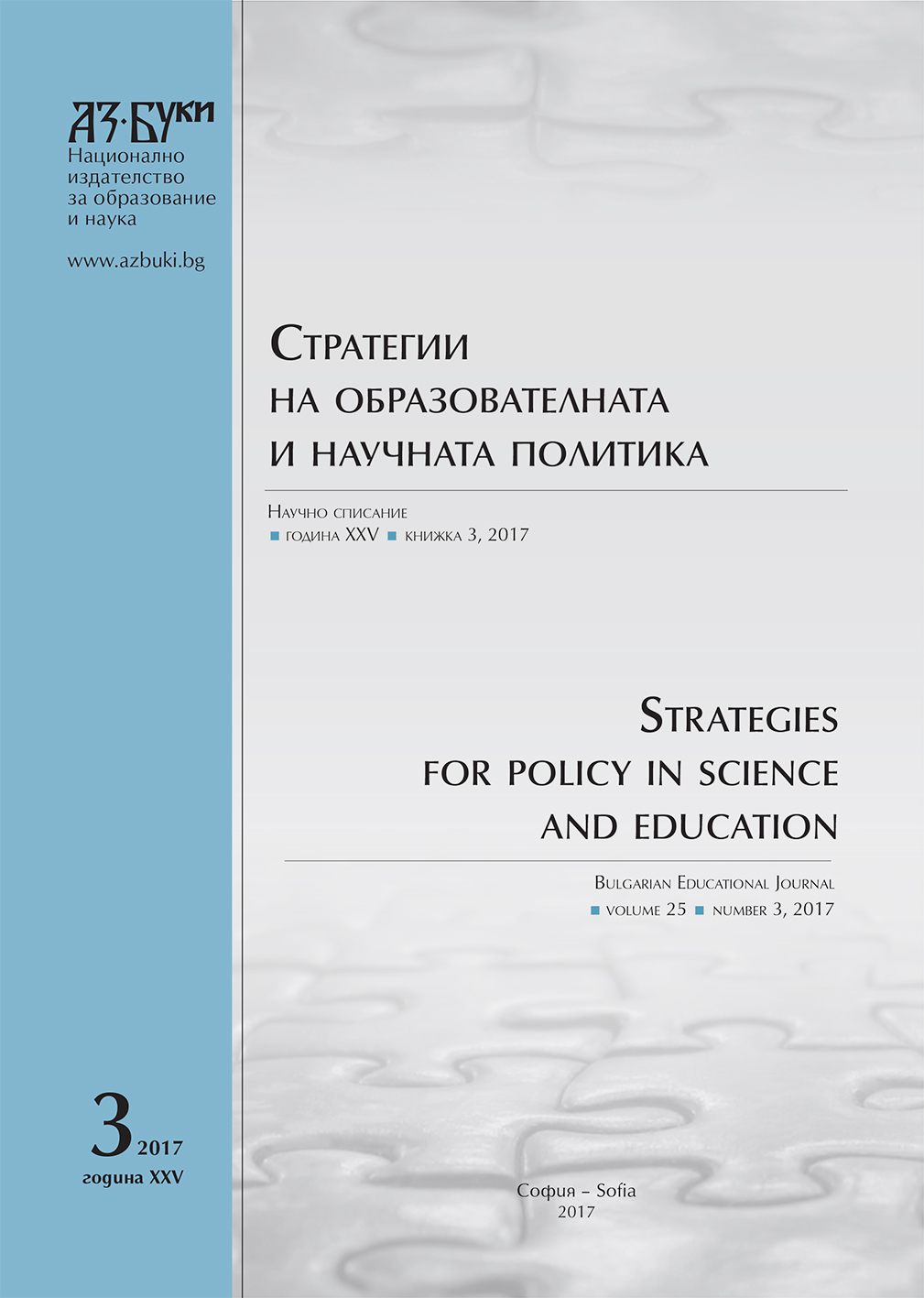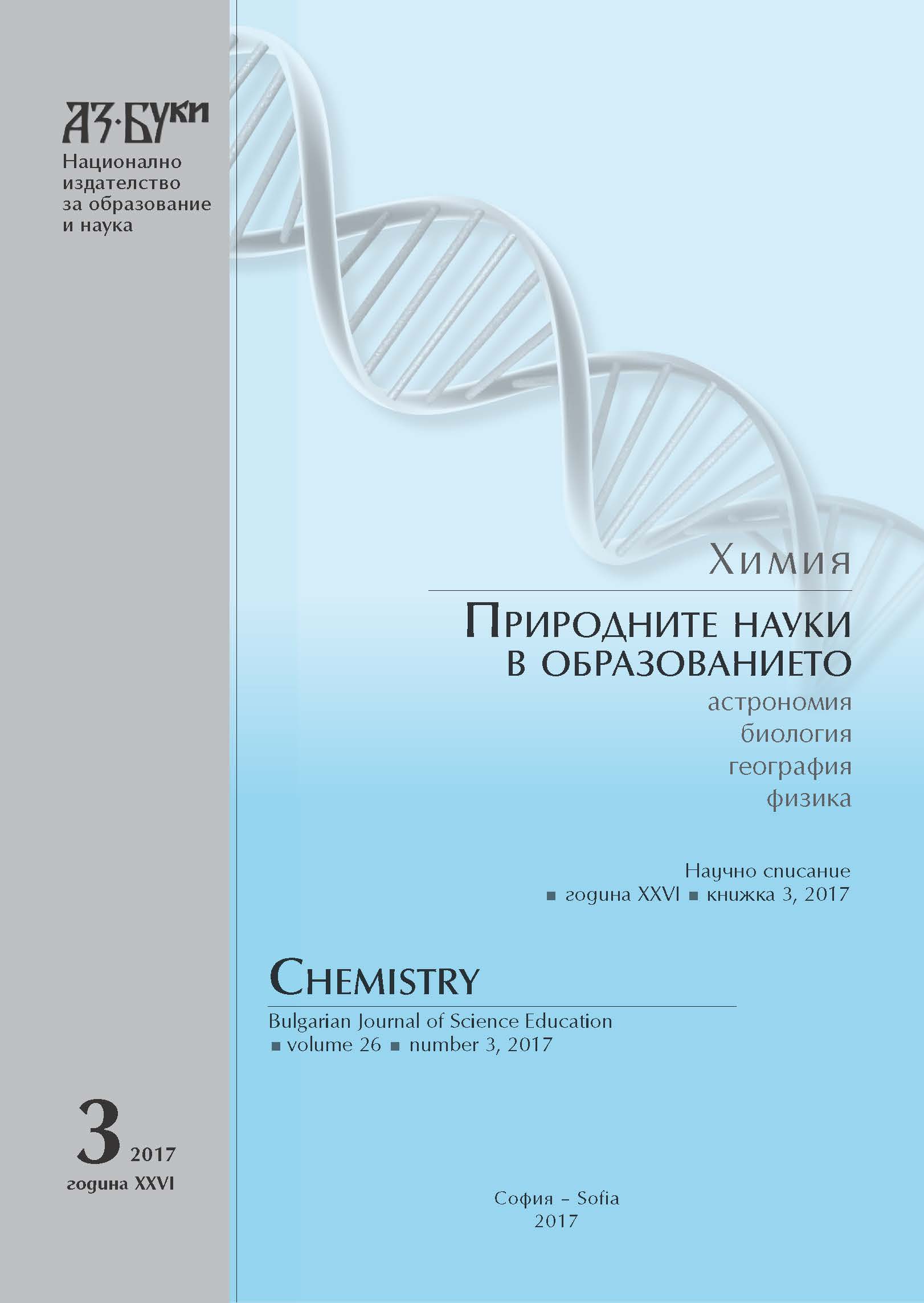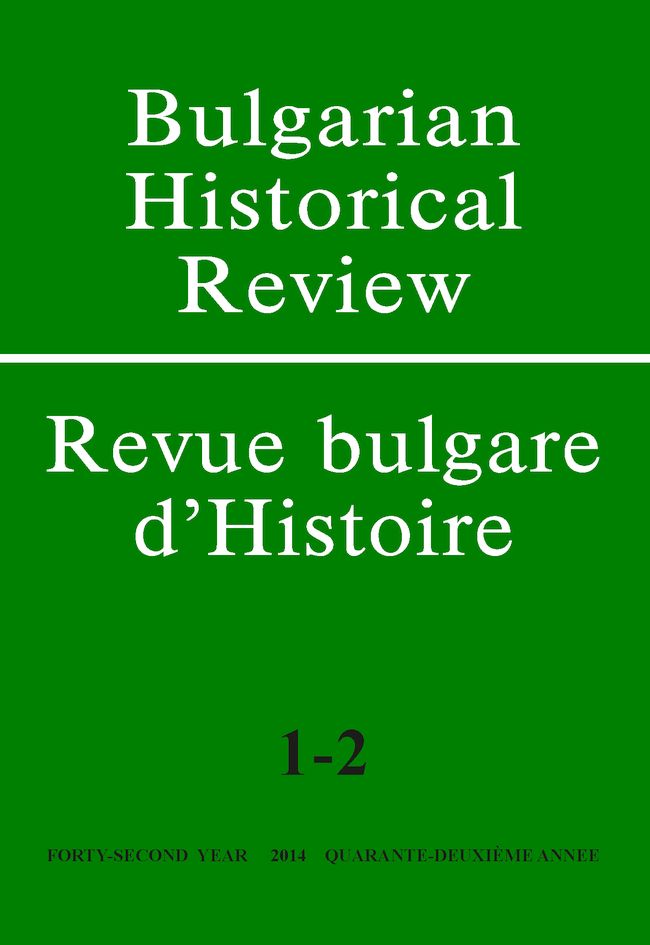
Scientific and Educational Programs between the US and the Eastern Bloc during the Cold War
The purpose of this article is to trace the path of American penetration into the educational and scientific systems of Eastern European countries during the Cold War and outline its characteristics demonstrated towards each of the countries. The debate on the educational exchanges between the US and the Eastern bloc has attracted the interest of researchers since the very beginning of the exchange programs. However, the attention of most scholars has mainly focused on the educational relations between the two superpowers – the US and the USSR, while the development of scientific and educational contacts with the Soviet “satellites” has less developed. Although they were part of the monolithic Communist Bloc, their governments perceived differently the American cultural and educational efforts. This determined the heterogeneous nature and scope of the exchange in each country of the region.
More...
